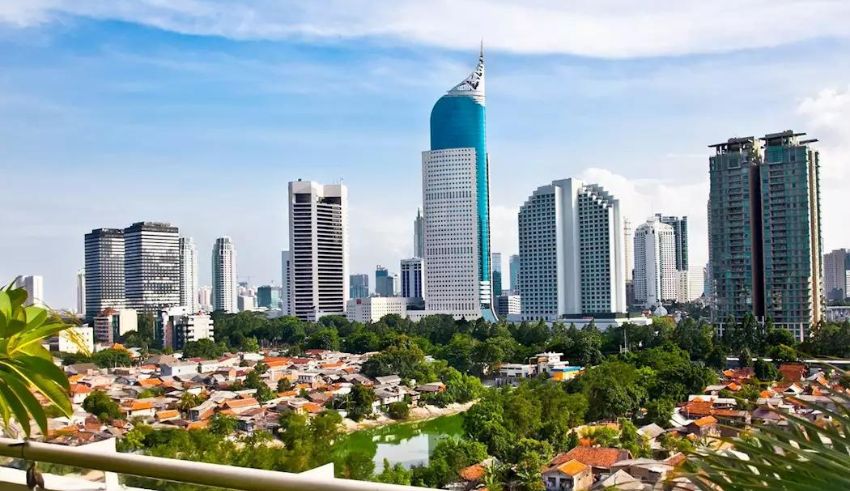
Amnesty International has raised concerns about Indonesia, the world’s most populous Muslim-majority nation, utilizing spyware technologies acquired from Malaysia, the European Union, and Israel. This development presents significant issues with privacy and freedom of expression.
Prior to this, human rights organizations have condemned the largest economy in Southeast Asia for its restrictions on the internet, asserting that these regulations have been employed to suppress dissent and curtail freedom of expression on social media platforms.
Spyware Purposes: Indonesia’s Plan
According to a combined investigation by Amnesty International, Asian news outlets, and Western news outlets, Jakarta used various spyware and invasive monitoring methods from 2017 to 2023, targeting opponents, media, and activists.
Companies and governmental entities, such as the National Cyber and Crypto Agency (BSSN) and the National Police, allegedly acquired the tools from a web of brokers, resellers, and vendors in Singapore, Malaysia, and Luxembourg, as reported by Amnesty International. During the course of the investigation, malicious domains that were allegedly utilized to target individuals in Indonesia were also discovered.
Another potentially intimidating weapon has entered the Indonesian market through the shady spyware tool trade. The head of Amnesty’s Security Lab, Carolina Rocha da Silva, made the remark that this must not go on.
Keep Reading
No comment was immediately provided by the National Police, the Ministry of Communication and Information, or BSSN when AFP requested them.
Numerous businesses have been the center of the probe, with the Luxembourgish Q Cyber Technologies SARL being the most prominent. The Pegasus virus, used to attack prominent government officials and journalists, was developed by the Israeli firm NSO Group, which has been associated with Q Cyber.
Based on the study, it is difficult to oversee the products as they make their way to Indonesia, both directly and indirectly, because to the companies’ complicated ownership structures and their ability to hide their shipments.
The NSO Group and the Defense Export Controls Agency both issued statements to Amnesty, with the former claiming that they perform thorough investigations before authorizing sales and the latter stating that they authorize cyber exports to governments “only for anti-terror and law enforcement” purposes.
Many Indonesians are sympathetic to the Palestinian cause, and the country’s official diplomatic connections with Israel are nonexistent. Amnesty International has called on Indonesia to take further measures to safeguard its population from invasive surveillance.
According to Amnesty Indonesia’s executive director Usman Hamid, “We call on the Indonesian government and parliament to enact meaningful regulation now,” indicating that the country’s lawmakers should prohibit “very invasive spyware” that cannot be utilized in a way that respects human rights.

























